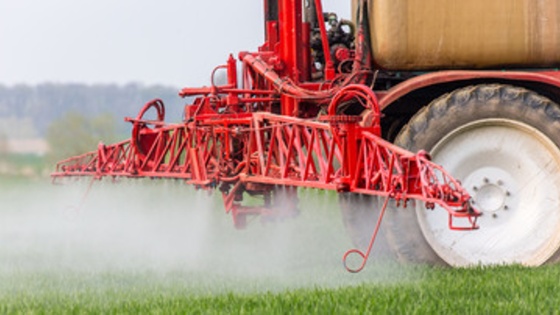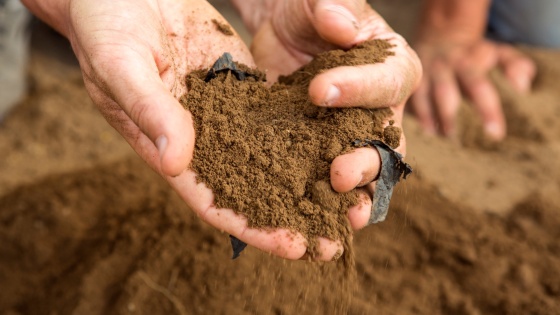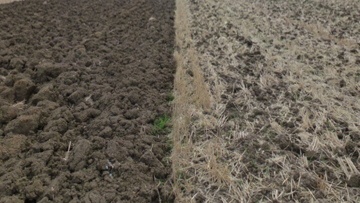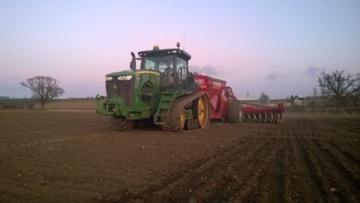Annual meadow-grass
Poa annua

Annual meadow-grass is the most common grass weed throughout the UK and although not highly yield robbing, it can cause inconvenience.
Due to its size the effect of annual meadow-grass on yield is limited, in excess of 50 plants per m² would be needed to reduce yield by 5%, but it does compete for nitrogen.
It can be annual or a short-lived perennial.
Annual Meadow-grass profile
| Resistance risk | Resistance to paraquat and simazine was recorded in hops and orchards in the UK in 198 but no known resistance has been found in arable crops |
|---|---|
| Leaves | Light green with a distinctive boat shaped tip, folded in the shoot |
| Auricles | None |
| Ligules | Roundly pointed and serrated, 2-5mm. |
| Number of seeds produced per plant | Up to 500 |
| Seed shed | April to November |
| Germination period | February to November |
| Germination depth | Up to 5cm |
| Primary dormancy | Some |
| Does it have a secondary dormancy? | Some |
| Seed longevity | >5 years |
| Rate of seed decline with cultivations | 45% |
| Geographical location | Annual meadow-grass is the most common grass weed throughout most of the UK |
| Soil type | The weed thrives on fertile soils which are disturbed frequently but it will grow in most conditions and withstands waterlogging or drought |
| Impact | Due to its size the effect of annual meadow-grass on yield is limited, in excess of 50 plants per m² would be needed to reduce yield by 5%, but it does compete for nitrogen. Its presence in the base of the crop at harvest can maintain moisture levels and slow the progress of combining. |





